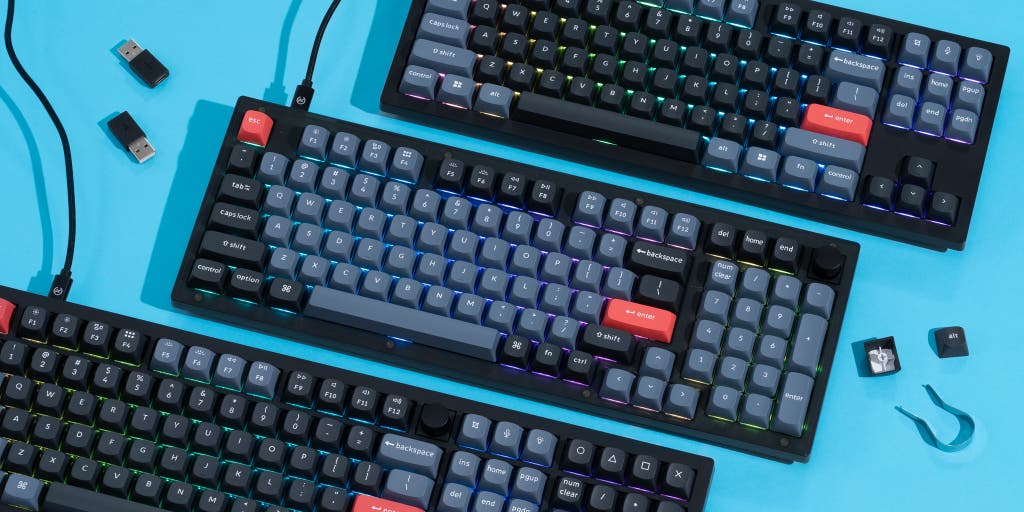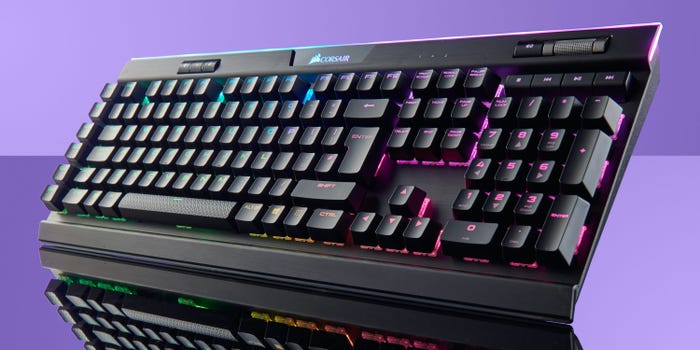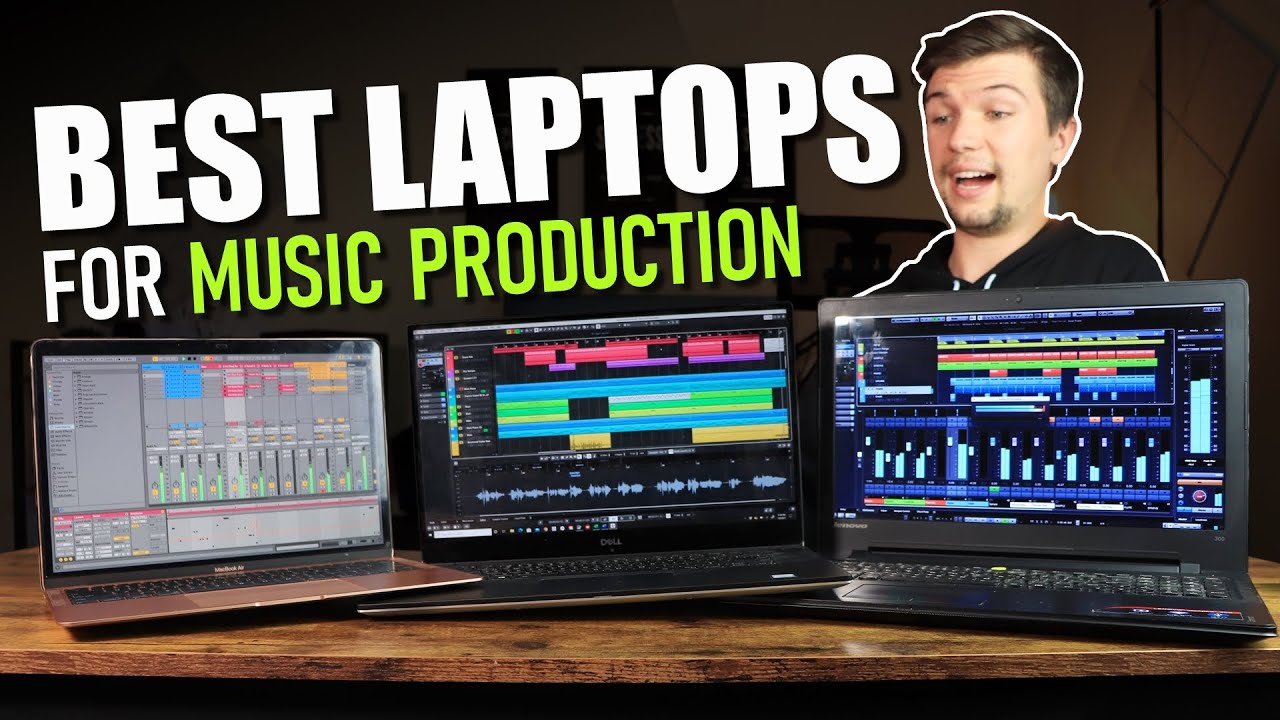Dive Into the World of Mechanical Keyboards: An In-depth Guide
Introduction
Welcome to the captivating world of mechanical keyboards! This comprehensive guide aims to immerse both the tech-savvy and the newbie alike in the intriguing aspects of mechanical keyboards. By the end of this guide, you will fully grasp what a mechanical keyboard is, how they differ from traditional keyboards, their pros and cons, and how to choose the best one for your needs. Stick with us as we uncover the full potential of these innovative devices.
What Exactly IS a Mechanical Keyboard?
Distinguishing Mechanical Keyboards from Regular Keyboards - what sets them apart?
A mechanical keyboard is typified by a unique design feature - individual mechanical switches for every single key. This is in stark contrast to the rubber dome underpinning the keys of traditional keyboards, which often leads to a mushy typing feel. Mechanical keyboards, renowned for their robustness and superior lifespan, provide an unparalleled tactile feedback.
Mechanical keyboards are built with mechanical switches that comprises three essential parts: a housing, a spring, and a stem. Together, these components act in unison to not just register every keystroke, but deliver a distinct, tactile response that makes typing a pleasure for many. Long life span, superior durability, and enhanced typing experience are all hallmarks of a mechanical keyboard.

Uncovering the Core Components of Mechanical Keyboards
Decoding the Secret to a Keyboard's 'Mechanical' Nature
Mechanical keyboards redefine the landscape of typing tools with their groundbreaking configuration and superior performance. At the heart of these power-packed keyboards are the crucial components that lend them the ‘Mechanical’ facet. Let's delve into these elements:
- Mechanical Switches: These are the essence of a mechanical keyboard. Every key in a mechanical keyboard has an individual mechanical switch underneath it. The switch consists of a housing, a spring, and a stem, designed to register each keystroke with precision.

- Keycaps: The topmost component of a key, keycaps are the part that fingers strike on. These can be customized to one’s preference, significantly contributing to the typing experience.
- Board: This houses the keys and their switches. The size varies with full, tenkeyless (TKL), and even more compact versions available. Programmable keys, customizable backlighting, and detachable cables are added features.
Each of these components work in harmony to ensure an unparalleled typing or gaming experience. The individual switches allow for easier and faster typing with fewer errors. The customizable keycaps and a flexible layout enhance comfort levels, while the board adds a unique aesthetic touch.
To sum it up, these core components craft the mechanical keyboard into a power performer, destined to change the way we type or play games. They strike a balance between innovative technology and user comfort, progressing beyond the standard rubber-dome keyboards to produce a typing tool that's meant to last.
The Unique Benefits and Drawbacks of Using a Mechanical Keyboard
Is a Mechanical Keyboard the Right Choice for You?
When considering a switch to mechanical keyboards, it's essential to weigh the advantages and drawbacks. Furthermore, understanding the unique characteristics of the mechanical keyboard offers a comprehensive spectrum to make an informed decision.
H4: The Upside of Using Mechanical Keyboards
- Enhanced Tactile Response: The distinctive feel of mechanical keyboards sets them apart. With individual mechanical switches under each key, they offer a tactile response unmatched by regular membrane keyboards, thus providing a satisfying typing experience.
- Longevity: Mechanical switches are typically rated for millions of keystrokes more than other keyboards. Therefore, these keyboards offer higher durability and are an excellent long-term investment.
- Customizability: One of the primary advantages of mechanical keyboards is their adaptability. Users can choose between various switch types to suit their typing styles or preferences.
- Key Rollover: 'N-key rollover' feature on mechanical keyboards allows users to press multiple keys simultaneously, something that gamers or fast typists will appreciate greatly.
H4: The Downside to Consider Before Making the Switch
- Noise: Mechanical keyboards, especially ones with 'clicky' switches, can be considerably louder than membrane keyboards. This might not be suitable for quiet environments.
- Price: Typically, mechanical keyboards are more expensive upfront than their membrane counterparts. However, considering their durability and performance, they can often be a worthwhile investment.
- Size: Due to their built, mechanical keyboards can be bulkier than membrane ones, making them less portable or suitable for compact workspaces.
Evaluating the Switch: Is it Worth the Hype?
Judging based on these attributes, it's clear that mechanical keyboards have a distinct standpoint in the world of keyboards. While they come with a steep learning curve and a higher upfront cost, the satisfying tactile experience, customization potential, and durability they provide make them an attractive proposition for many typists and gamers. Whether you're a programmer, writer, or a gaming enthusiast, the intrinsic benefits of mechanical keyboards could significantly augment your productivity, comfort, and overall typing experience.
Different Types and Brands of Mechanical Keyboards- Which One is for You?
Spotlighting the Top Mechanical Keyboards Currently Dominating the Market
Mechanical keyboards come in a myriad of styles and brand options, each possessing unique features and characteristics. To help you navigate the impressive selection, we've rounded up some of the standout models on the market today.
1. Ducky Shine 7: Known for its solid build quality and vibrant RGB lighting. Boasting a double-shot PBT candidate, it's highly durable and capable of standing up to intense gaming sessions.
2. Keychron K6: A wireless mechanical keyboard lauded for its versatility. It supports both Mac and Windows layouts, with a compact 65% layout that saves space without compromising on functionality.
3. SteelSeries Apex Pro: Equipped with customizable per-key actuation, it's a gamer's dream. Its whisper-quiet switches are also perfect for office use.
4. Happy Hacking Keyboard Professional 2 (HHKB2): An expertly-crafted, minimalist keyboard with Topre switches that make typing a dream. It's also highly portable, making it perfect for those always on the move.
5. Das Keyboard 4 Professional: An iconic model blending typing comfort and build quality. It offers a mix of multimedia keys and a volume knob, raising the bar for convenience.
As you explore these models, remember that choosing a mechanical keyboard depends heavily on personal preferences and usage requirements. Gamers might gravitate towards keyboards with robust switches and quick response times, while writers might prioritize a comfortable typing experience. It's crucial to consider:
- Switch Type: A key factor governing the feel and sound of your keyboard. Decide among linear, tactile, and clicky switches based on preference.
- Size: Ranging from full-sized to compact (60%), choose a size that suits your workspace and functionality requirements.
- Key Rollover: Determine how many simultaneous key presses your tasks necessitate.
- Backlighting: While not mandatory, it can add an aesthetic appeal or assist in low-light typing.
- Price: High-end mechanical keyboards can be expensive; determine a budget that aligns with your needs and financial capabilities.
Keep these factors in mind as you venture into the world of mechanical keyboards, and you're sure to find one that perfectly suits your typing or gaming needs.
Future Trends: Is Mechanical Keyboard a Passing Fad or Here to Stay?
The future of mechanical keyboards looks promising. Once niche products for computer geeks and professional gamers, mechanical keyboards are now becoming essential tools for writers, gamers, and programming professionals alike. While there are valid concerns regarding their pricing and noise levels, the benefits, including prolonged lifespan and customizable typing experience, are gradually steering the trend towards these keyboards.
- Pro: Unparalleled Durability - The sturdy build of these devices ensures they outlive traditional membrane keyboards.
- Con: Noise Level - The clicking sound of keys can be distracting and louder than standard keyboards.
- Pro: Customizable Typing Experience - You can personalize each keystroke for your needs with the availability of different switch types.
- Con: Pricey - Mechanical keyboards are typically more expensive to purchase initially.
When choosing a mechanical keyboard, weigh the following factors:
1. The type of switch - different switches provide different typing experiences.
2. Noise level - some keyboards are quieter than others.
3. Durability - consider the construction quality and expected lifespan.
4. Personal Comfort - Ergonomics should be a core consideration for prolonged usage.
5. Compatibility - ensure the keyboard fits your work station and is compatible with your system requirements.
These factors will ultimately determine whether a mechanical keyboard becomes an integral part of your daily tech gear or a passing passion.
Conclusion
Switching to a mechanical keyboard can significantly elevate your typing or gaming experience. The tactile feedback improves typing accuracy and speed, reducing typographical errors. Customizable key actuation also allows for a personalized experience. Additionally, the robust construction guarantees longevity. Hence, though pricier upfront, the investment proves worthwhile over time.
Related FAQs about what is a mechanical keyboard
Is a Mechanical Keyboard suitable for both gaming and professional use?
Yes, mechanical keyboards are perfectly suited for both gaming and professional use. Gamers appreciate their responsiveness and potential for customization, whereas professionals value the improved typing speed and accuracy, alongside the satisfying tactile feedback.
What are the key factors to consider when choosing a Mechanical Keyboard?
When choosing a mechanical keyboard, consider factors such as switch type, noise level, durability, personal comfort, and compatibility with your workspace and system. Also, consider customizable options, size, and the keyboard's aesthetic appeal.
How can a Mechanical Keyboard improve my typing or gaming experience?
Mechanical keyboards can significantly enhance your typing or gaming experience by providing superior tactile feedback, increased accuracy, speed, and customizable key actuations. They also tend to be more durable than traditional keyboards.


